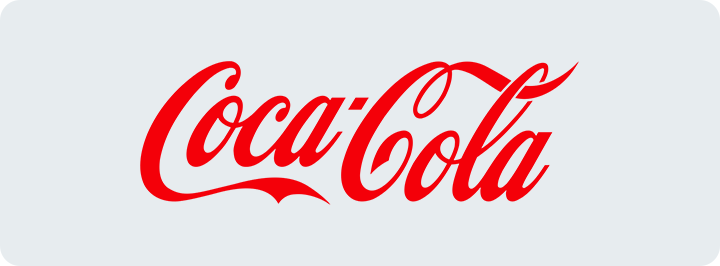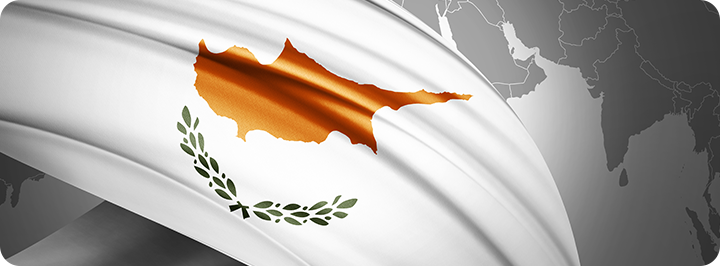Do I need to register a trademark if I am a freelancer?

Safeguarding a brand is an important matter for individuals and companies. Many businesses create logos and brands in order to allow their customers distinguish products and services. They spend significant budgets to make their brands being recognized. They need to protect them against copying and competition.
Trademark is usually confused with brand name or even company name. Many freelancers think that they cannot register a trademark or they simply do not need it. However, a trademark is a unique and legitimate tool for the brand recognition and prevention of competitors from using your logo, slogan or other brand identifications.
This article discusses the most frequently asked questions about trademarks. It can be a useful guideline for freelancers and companies who think about brand protection.
What is a trademark?
Traditionally, trademark is defined as a word, symbol, phrase or logo that is used in order to identify certain products or services. Trademark is not a product or service itself, but is used to label a package. Examples of a trademark can be Apple, Samsung, Google, etc. These are not only company names, but also registered trademarks.
In recent years, the scope of trademark protection expanded towards non-traditional trademarks, such as smell, colour or colour combination, shape, appearance, texture, sound. For instance, we all know the opening sound of Coca-Cola can. Together with Coca-Cola logo, this sound is the intellectual property of the company that is registered as a trademark. You may be surprised to know that Apple store appearance is also protected as a trademark. Many fashion brands protect their names, designs and textures as trademarks. With trademarks, such brands allow their customers recognize them. These companies ensure that no one else can use their identifications. Besides, once a trademark becomes recognizable, it adds a value to the cost of the business.
What is the difference between trademark and company name?
It is common that many businessmen think that a company name is a trademark itself. It is not correct to think that once a company is registered, its company name becomes protected as trademark. Company formation and trademark registration are two separate and independent procedures. If you choose and register a company name, it does not automatically protect the name against unauthorized use. As such, trademark registration is a separate procedure.
We discussed on our website, that before you register a company it is important to conduct a search of registered trademarks. A company name should be unique, as otherwise it can violate someone else’s exclusive rights.
In addition, a trademark is not a brand or logo, unless they are registered as a trademark. For this reason, it is vital to protect brand and logo, as you may spend a significant amount of money on marketing while others can use it unfairly.
Can I register a trademark by myself if I am a freelancer?
An applicant for trademark registration can be a company or any individual. Freelancers usually operate as individual entrepreneurs and they do not have a company name. However, all international trademark systems allow an individual to register a trademark. Further, they can dispose of their rights on registered trademarks similarly as companies do. With the trademark, the owner obtains exclusive rights on the use of the trademark in any legitimate way.
The scope of trademark protection applies to certain territory. In other words, an applicant designates countries in which he or she wishes to obtain trademark protection. Usually freelancers opt one or several countries in which they market their product or services. Worldwide protection is extremely expensive and only major brands can allow to register a trademark globally. Besides, trademark registration is limited in time and the owner should pay official fees for trademark renewal not to mention legal expenses on representatives in each country.
Thus, trademark is an important tool for freelancers who wish to protect their products and services against confusingly similar products/services. Though the fee for trademark protection can be a significant budget, this is an important investment in the business.
Can someone else use my trademark?
Owning a trademark means that you have exclusive rights on the use of your trademark. Any use without your authorisation is illegal. As the owner you can request to stop illegal use of your trademark and even claim monetary damages if such unauthorized use harmed your business.
A trademark is an important business tool if you want to monetize your business. For instance, if you plan to sell a franchise or even cooperate with other freelancers or companies.
Can I register a trademark by myself or do I need to hire an agent?
Each country has a national system for trademark registration. At a national level you can submit trademark application by yourself. However, in certain cases it is advisable to consult with a lawyer in order to understand how to fully protect your interests. Besides, there are other means for protection of your intellectual property, such as a patent or design registration. In certain cases, it can work for you better.
If you wish to register a trademark in a country other than your citizenship, then most probably you must apply for registration through a local trademark attorney.
As a brief recommendation, before you apply for trademark registration, you should follow these steps:
- choose a unique trademark which means that you need to conduct a search in trademark database and make sure that your preferred trademark does not infringe other trademarks;
- choose a trademark that will not be confusingly similar to other registered trademarks so that consumers should not think that your trademark belongs to another individual or company;
- think about the type of products or services for which you plan to register a trademark — a trademark is registered for a particular type of products and services meaning that you cannot monopolize all industries with your trademark;
- analyse the markets and countries in which you will operate, as you cannot register a trademark worldwide unless you pay extremely high fees.


